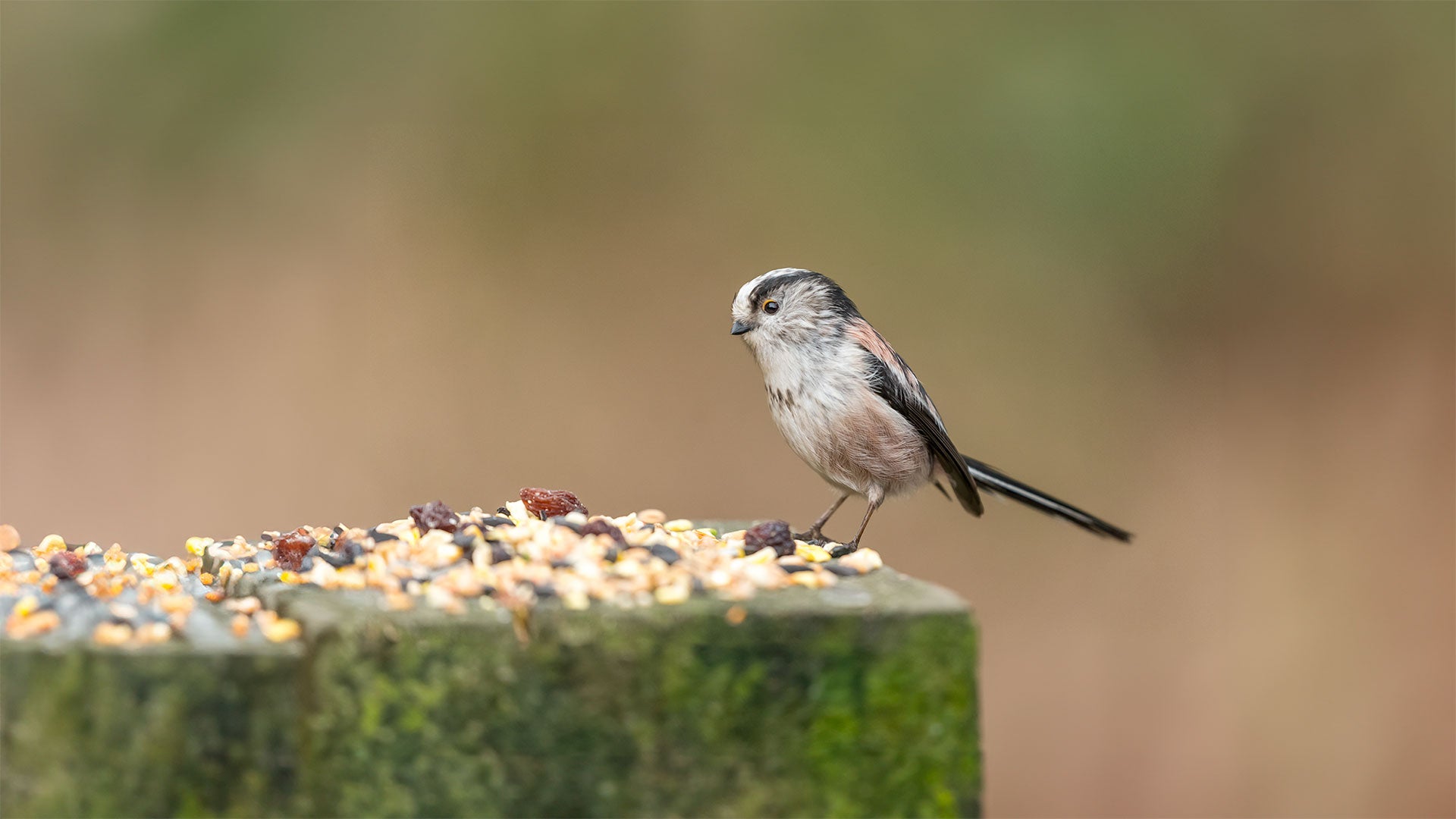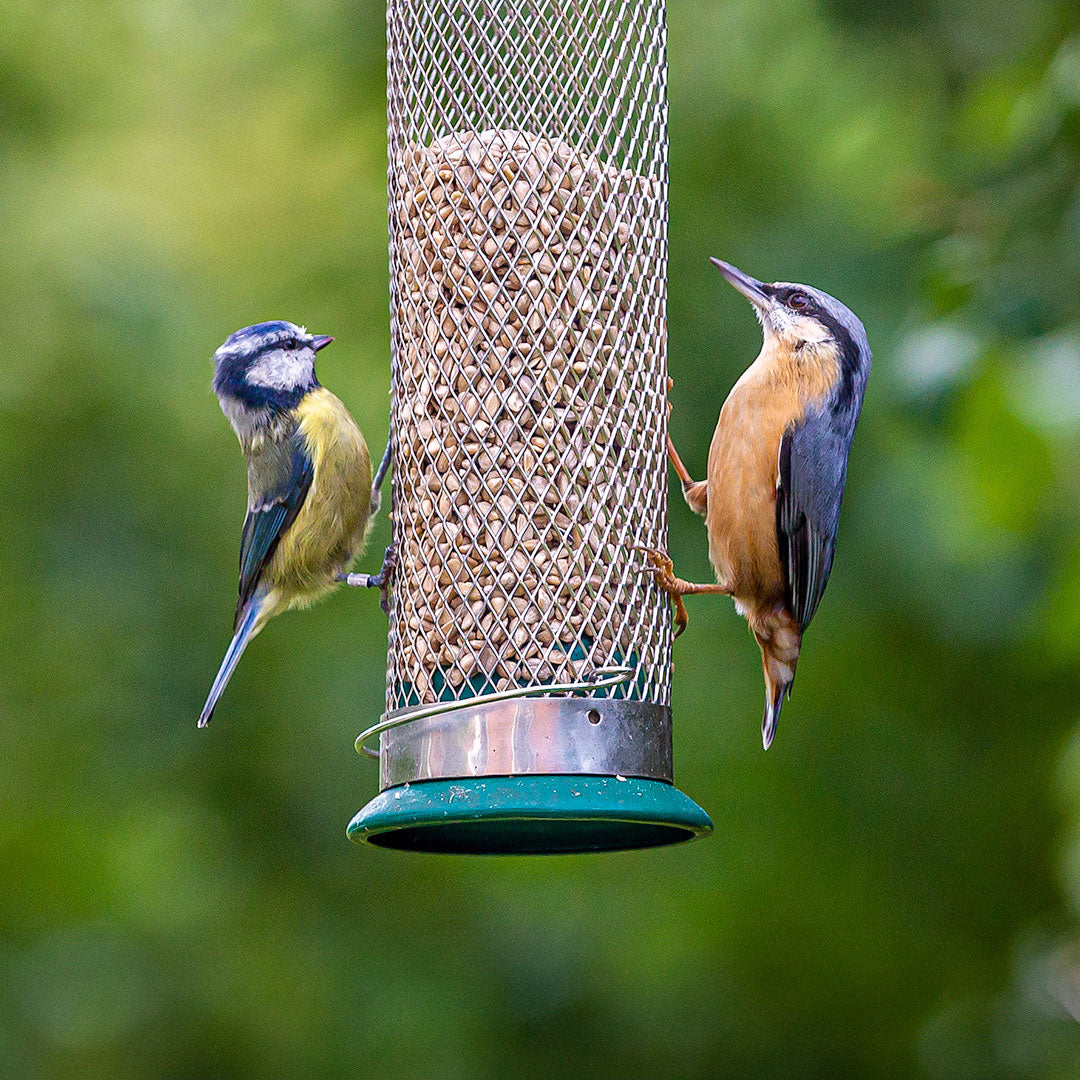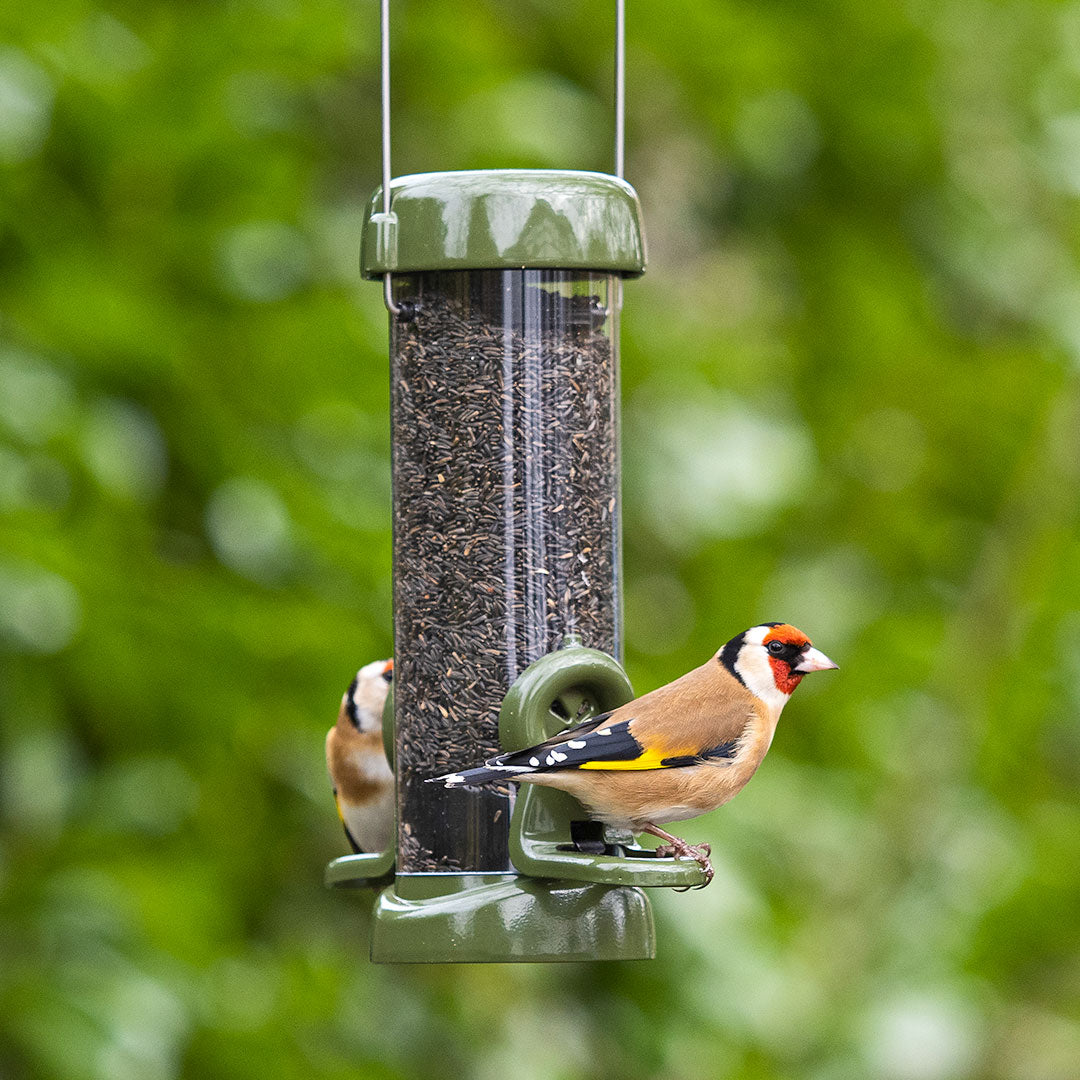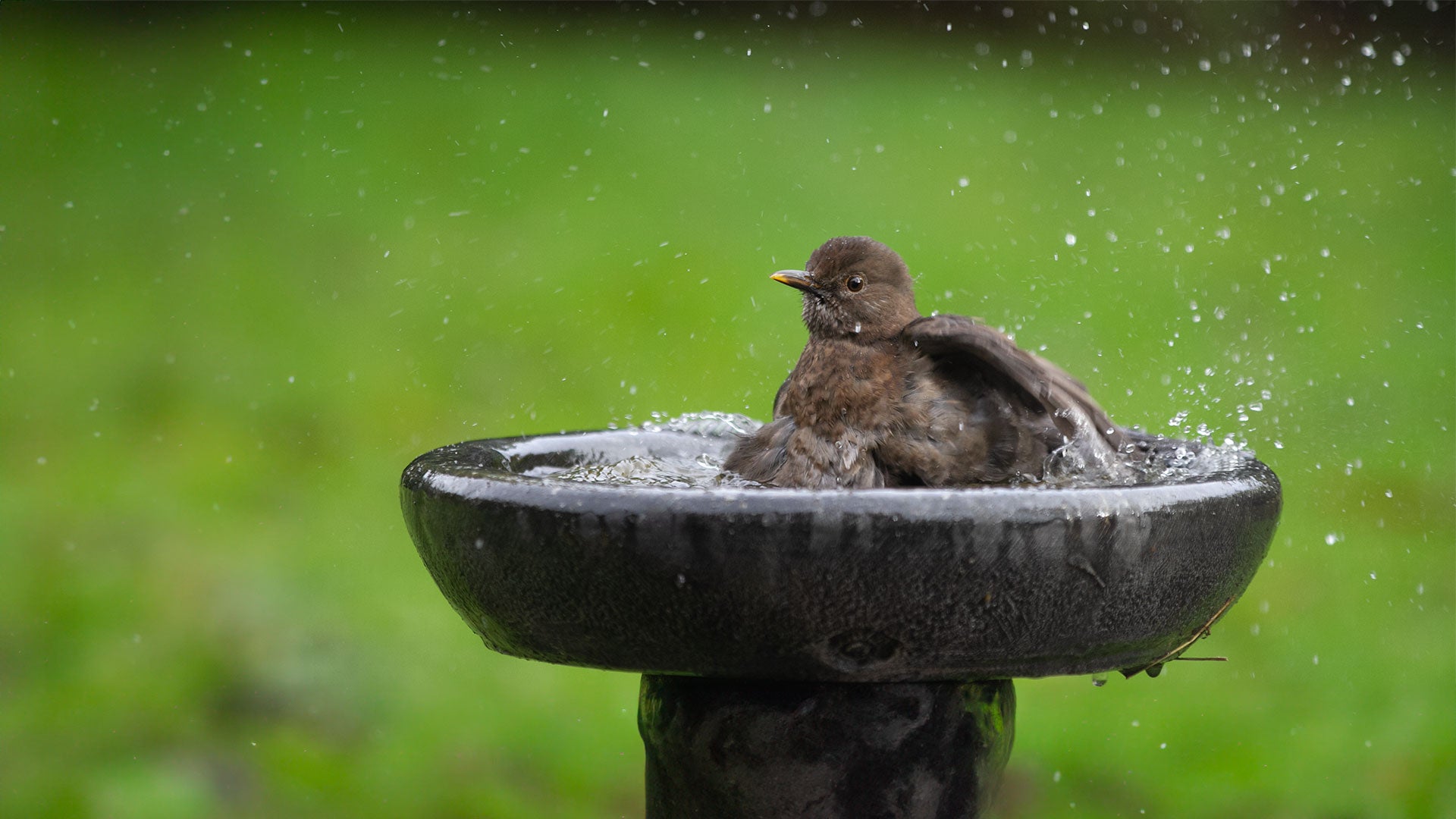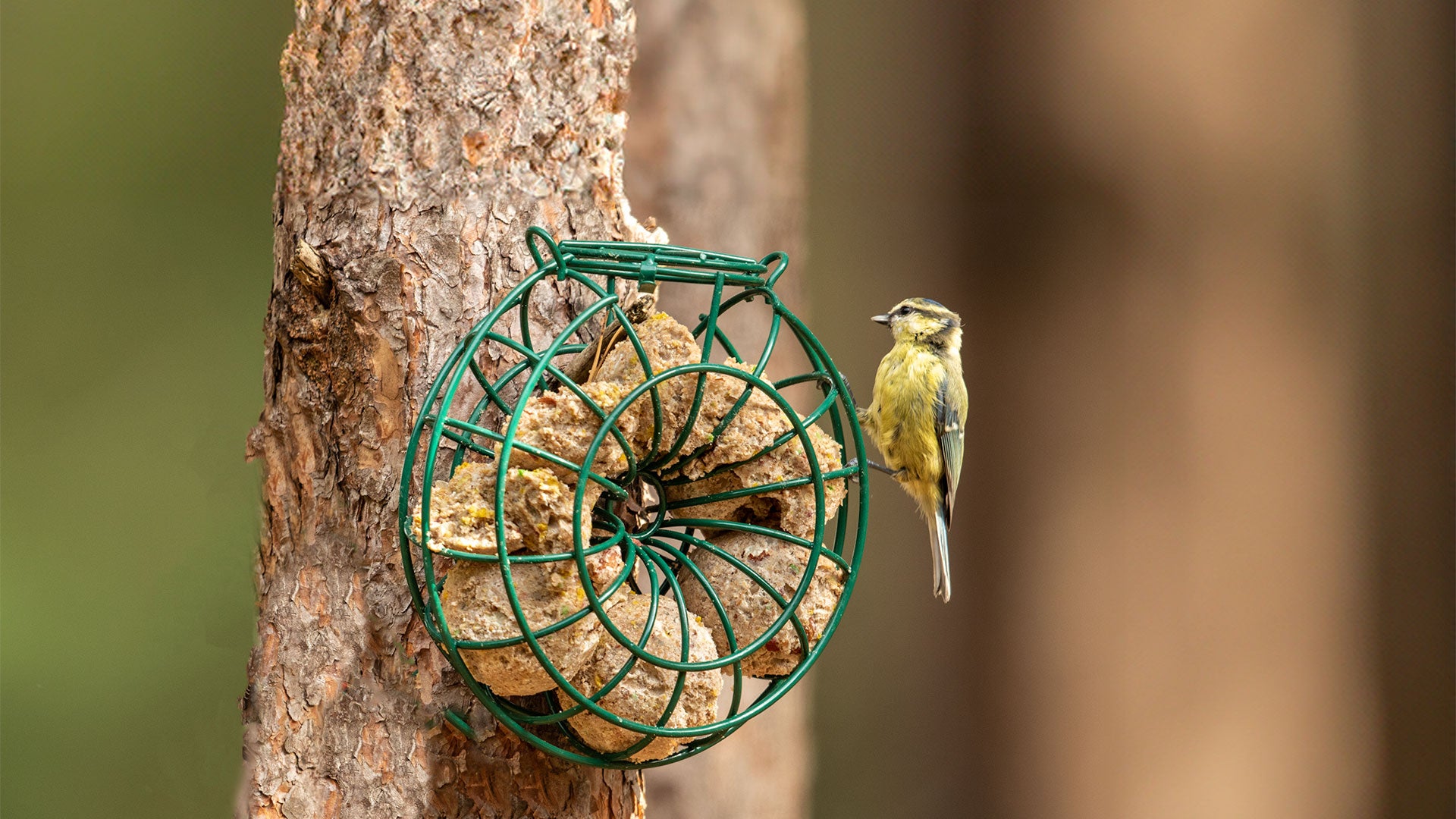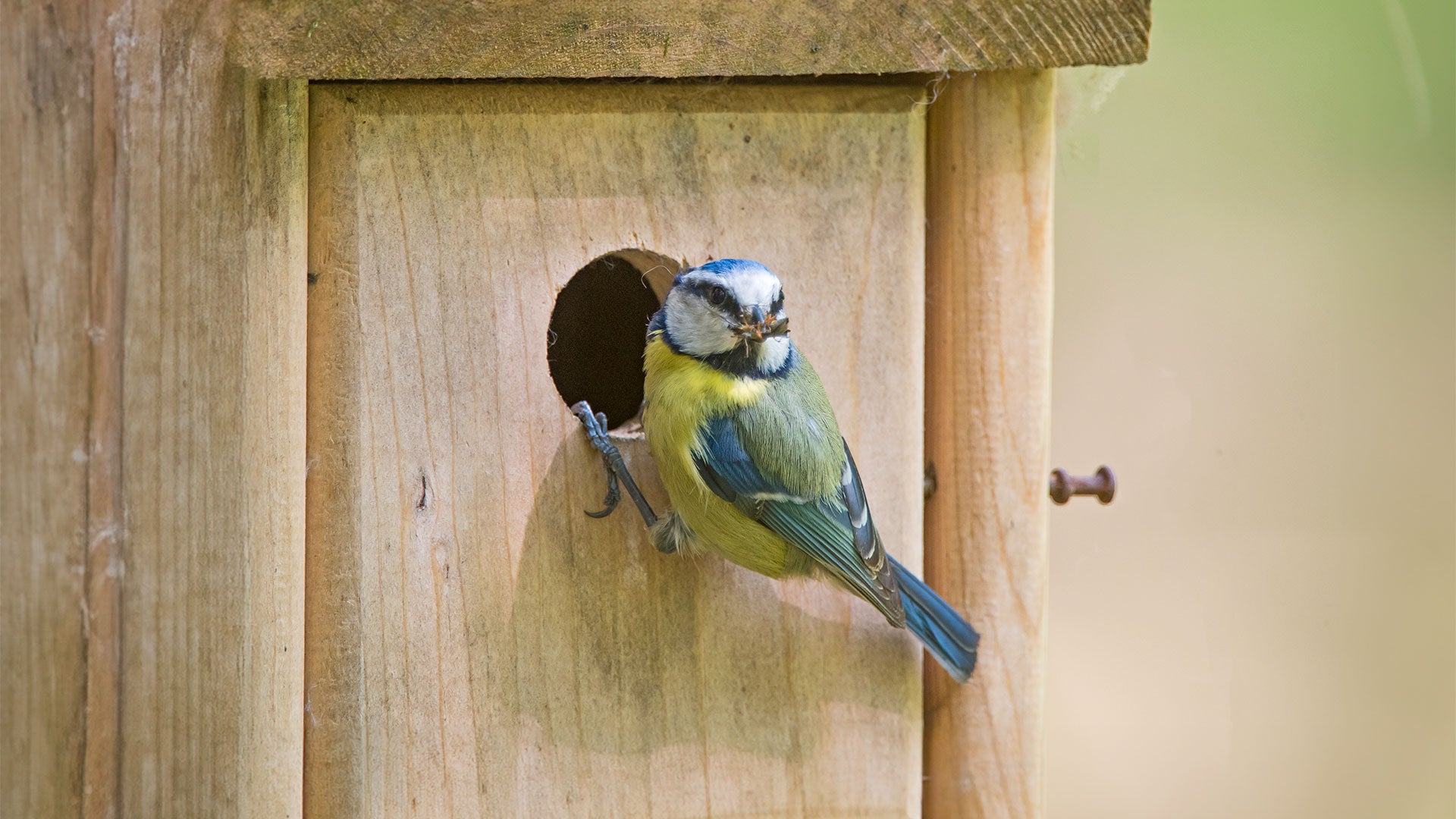Have you noticed fewer feathered visitors in your garden this year? You're not alone. Across the UK, garden feeders have been unusually quiet, leaving many of us wondering about our missing avian friends. While this spring silence might seem concerning, there's often a natural explanation behind it.
The Impact of Weather on Bird Populations
The challenging conditions of 2024 tell an important story. A combination of wet spring weather and temperature fluctuations disrupted the delicate timing between nesting birds and their food sources. For species like blue tits and great tits, whose chicks depend on an abundance of insects, these weather patterns had devastating effects.
Garden birds need their chicks to hatch precisely when caterpillars and insects are plentiful. When this timing is disrupted, whole broods can be lost.
The Spring 'Disappearance' Explained
If your garden seems eerily quiet this spring, here are the main reasons why:
- Male birds are busy establishing territories and singing from high perches, often away from feeders
- Female birds are sitting on eggs, spending long periods in the nest
- Natural food sources become more abundant in spring, reducing dependency on garden feeders
- Birds become more secretive during breeding season to protect their nests

What To Do If You Find Dead Birds or Abandoned Nests
While discovering dead birds or abandoned nests can be distressing, it's important to remember that this is part of nature's cycle. Here's what you should do:
IMPORTANT NOTE: Bird nests are protected under the Wildlife & Countryside Act 1981. Moving a nest at the wrong time is against the law.
When cleaning out nest boxes: You may only remove unhatched eggs from unused nests between September 1st and January 31st. By law, any unhatched eggs must be discarded, keeping them is illegal.
• If you find dead birds:
o Wear gloves when handling dead birds
o Remove them promptly to prevent disease spread
o Clean and disinfect any nearby feeders
o Report sick, injured or dead birds: BTO Reporting
• If you find abandoned nests:
o Don't disturb or remove nests during breeding season (February to August)
o Monitor from a distance to ensure the parents haven't just temporarily left
o Keep cats indoors if possible during nesting season
o Provide supplementary food nearby for returning parents

The Calm Before the Storm
This quieter period is actually the calm before an explosion of activity. Soon, gardens will burst with life as parent birds frantically feed their growing chicks. Here's what to expect:
• Increased activity at feeders as parents gather food for hungry chicks
• The appearance of fledglings learning to feed themselves
• More frequent visits to bird baths for drinking and bathing
• A surge in insect-eating birds hunting for protein-rich food
Supporting Birds During Breeding Season
Despite the apparent quiet, this is a crucial time to support your garden birds. Here's how you can help:
• Keep feeders clean and well-stocked daily with nutritious bird food
• Provide a bird bath with a constant supply of fresh, clean water
• Install and maintain nest boxes
• Create wildlife-friendly gardens with native plants
• Avoid using chemical pesticides which kill vital insects and caterpillars
Remember: While this period might seem quiet, your continued care makes a real difference. The dawn chorus will soon grow stronger, and with your help, we can look forward to our familiar flocks returning in abundance.

Looking Ahead
Nature is resilient and has a remarkable ability to recover. We're in a new breeding season with favourable weather so far. Birds are adaptable creatures, and their populations often rebound when conditions improve. While temporary decreases in garden bird activity are natural, maintaining your feeding routine ensures they have reliable support when they need it most.
FAQ's Common Questions About Missing Garden Birds
Q: Why aren't birds visiting my feeder this spring?
A: There are several common reasons. Birds naturally shift to insects and other natural food sources in spring to feed their young. When the weather is mild, they find plenty of food in their environment and rely less on feeders. Additionally, changes in your garden, like new structures or the presence of predators, may make birds more cautious about visiting.
Q: Could the weather be affecting bird activity in my garden?
A: Yes, weather significantly affects bird behaviour. Prolonged rain reduces insect availability, while unusually warm temperatures decrease birds' need for extra food at feeders. These weather conditions often cause temporary drops in garden bird activity.
Q: Is it normal for birds to be less active in spring?
A: Yes, it's entirely normal to see fewer birds at this time. During spring, birds are focused on nesting and deliberately keep hidden to protect their young. Male birds spend much of their time singing to defend their territories rather than feeding. Once the young birds become independent, you'll notice garden activity increase again.
Q: Is it possible that predators are deterring birds from my garden?
A: Yes, indeed. Predators such as cats and birds of prey can cause garden birds to become wary and avoid specific areas. By providing safe shelter and reducing potential threats, you can help make birds feel secure enough to return.
Q: How can I make my garden more inviting to birds?
A: Create a welcoming environment by providing shelter, diverse food sources, and fresh water. Plant native shrubs and trees to offer natural food and nesting sites. Place clean feeders near protective cover to help birds feel secure while feeding. Reduce disturbances and deter predators to make your garden a safe, attractive haven for birds.
Q: Should I continue feeding birds even if they aren't visiting?
A: Yes, maintaining a consistent food source is essential. Birds often return when conditions change, and having reliable food available helps support them through difficult periods. Keep your feeders clean and filled with suitable food, this will help attract diverse bird species when they return.


